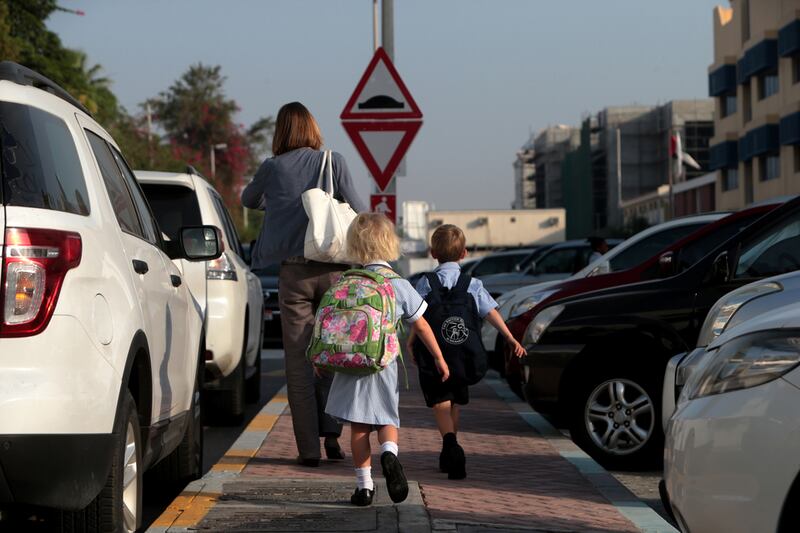Time is like fossil fuel – once it’s gone, it’s gone forever. Few people realise this more than parents in the UAE, who spend considerable time and, indeed, money on their children's education.
In his books Third Wave and Future Shock, the political philosopher Alvin Toffler warns that the future is a swirling vortice and we had better be ready for it.
Reading Toffler’s work, I felt like a doctor facing an epidemic and trying to figure out whether I should let the patients die or do my best to help them.
Depending on your point of view, Future Shock, written in 1970, is either a book of prophecies or a manual on global politics and economy.
Whatever it is, it opened my eyes to the dire state of education all over the world. The future of education is not about projects or ideas, but whether or not we have what Toffler calls the ability to cope – that is the readiness to tackle different sets of conditions at once.
Forget innovation, creativity and soft skills. What’s the use if students can’t think, analyse and comprehend? Sadly, this is what passes for education in some schools.
Last summer, a desperate mother came to me saying: “My son can’t read. Can you help me?” The soon-to-be second grader lacked the understanding of basic phonics.
Are schools being reduced to expensive babysitters?
This is what many parents are asking themselves as we approach the end of this school year.
Costs are rising and before this school year ends, many schools administrators will demand at least some of next year’s fees in advance. If you are going to change your mind, it’s going to hurt you, because you are unlikely to get your money back.
This is one of the reasons why some families are looking to leave the country.
They are thinking to move to other countries where public education is free and private education represents, in their minds at least, better value for money.
They are tired of teachers coming and going and schools that clean up only during inspections.
“We don’t have homework during inspection,” one student told me.
“We have hand sanitisers and clean toilets when inspectors come, and the teachers don’t shout at us,” another child said to her mother.
“Next year I will be paying Dh100,000 for my twins to enter grade 4,” one parent told me.
However, she does not have the money and is looking to move to Europe, where she will have the option to admit her children to a public school, even though she will have to pay for a few years of private tuition to help with her children’s learn a new language.
The other option is home schooling.
This has always been the cheaper option and with the arrival of online curricula such as K-12, homeschool programmes and curricula have become more popular.
The providers hold seminars and meetings to lure parents out of traditional schools.
The catch with homeschooling is that these systems – which are free in some other parts of the world – cost tens of thousands of dirhams here.
Education was once considered to be a great equaliser that narrowed the gap between the haves and the have-nots.
Now, it’s one that widens the gap between the well-off and well educated, and those who are struggling to keep their children in school and not always getting their money’s worth.
Maryam Ismail is a sociologist and teacher who divides her time between the US and the UAE





